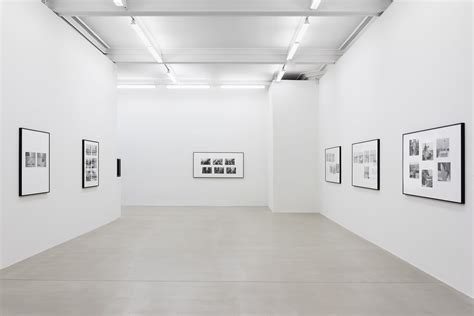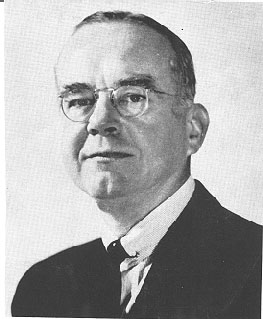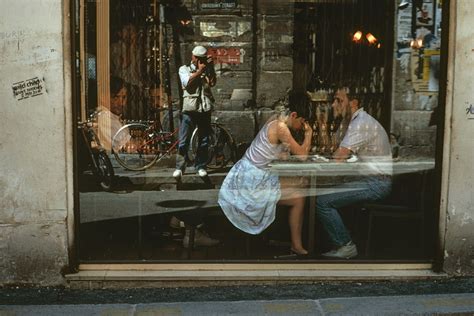A Quote by Allan Sekula
How does photography serve to legitimate and normalize existing power relationships? ... How is historical and social memory preserved, transformed, restricted and obliterated by photographs?
Related Quotes
You could make a good case that the history of social life is about the history of the technology of memory. That social order and control, structure of governance, social cohesion in states or organizations larger than face-to-face society depends on the nature of the technology of memory - both how it works and what it remembers. In short, what societies value is what they memorize, and how they memorize it, and who has access to its memorized form determines the structure of power that the society represents and acts from.
...the darkness does not lift but becomes yet heavier as I think how little we can hold in mind, how everything is constantly lapsing into oblivion with every extinguished life, how the world is, as it were, draining itself, in that the history of countless places and objects which themselves have no power or memory is never heard, never described or passed on.
In a world where the 2 billionth photograph has been uploaded to Flickr, which looks like an Eggleston picture! How do you deal with making photographs with the tens of thousands of photographs being uploaded to Facebook every second, how do you manage that? How do you contribute to that? What's the point?
Each discipline has the capacity to be interested in politics, and each would ask different questions of what politics is, what constitutes power, how power is maintained, how it circulates, how relationships are formed, how institutions are built, how they fall. Every discipline would answer those questions in different ways.
My obsessions stay the same - historical memory and historical erasure. I am particularly interested in the Americas and how a history that is rooted in colonialism, the language and iconography of empire, disenfranchisement, the enslavement of peoples, and the way that people were sectioned off because of blood.
There is a need to employ public memory, critical theory, and other intellectual archives and resources to expose the crimes of those market-driven criminogenc regimes of power that now run the commanding institutions of society, with particular emphasis on how they have transformed the welfare state into a warfare state.



































